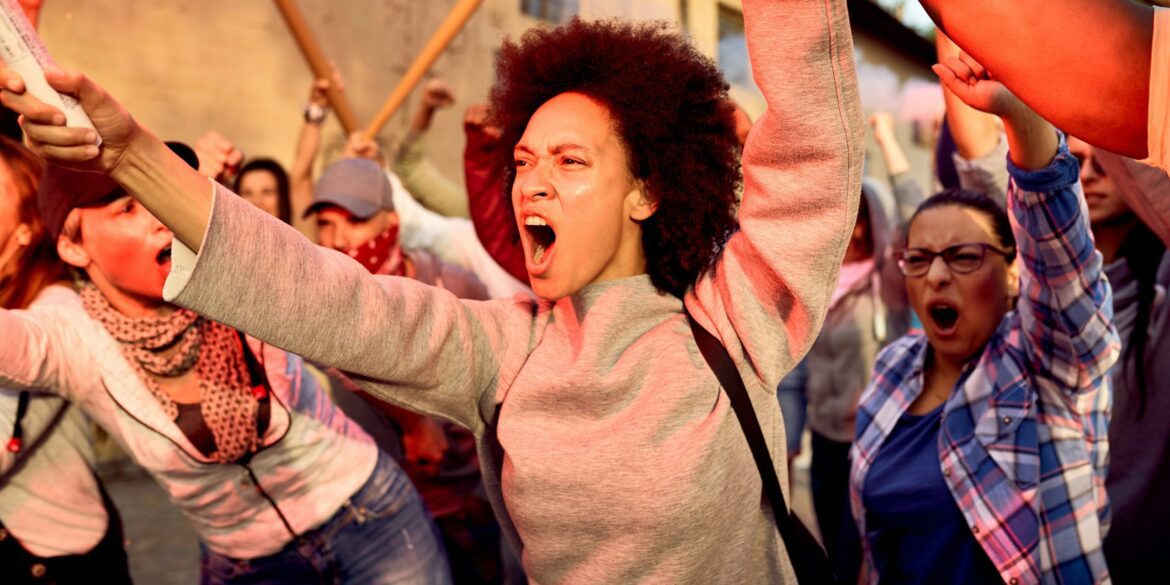Juneteenth, a holiday that commemorates the emancipation of enslaved people in Texas, continues to gain momentum across the United States, even as civil rights initiatives face increasing backlash and many states implement restrictions on discussions of slavery and race in schools. Since becoming a federal holiday in 2021, Juneteenth has grown into a significant moment for reflection, education, and celebration of Black history. Despite the national climate surrounding race relations, Juneteenth events are expanding, with more cities and communities embracing the opportunity to honor the contributions and history of African Americans.
Juneteenth marks the day in 1865 when Union soldiers arrived in Galveston, Texas, to announce the end of the Civil War and the emancipation of enslaved Black people, nearly two and a half years after President Abraham Lincoln signed the Emancipation Proclamation. While the day has been celebrated in various forms for decades within African American communities, its designation as a federal holiday in 2021 has brought increased awareness and recognition to this crucial moment in U.S. history. However, as this celebration grows, so too has the resistance to civil rights movements, particularly in the form of laws restricting the teaching of certain aspects of American history, such as the legacy of slavery and the impacts of systemic racism.
Despite these challenges, Juneteenth celebrations are thriving in cities and towns across the country. In Portsmouth, New Hampshire, for instance, organizers are hosting a ten-day series of events to mark the occasion, focusing on educating the public about the historical significance of the holiday. The lineup includes walking tours that explore the local Black history, film screenings that highlight the contributions of African Americans to culture and society, and lectures on the ongoing struggles for racial justice and equality. The aim is not only to celebrate the past but to spark conversations that can shape a more inclusive and equitable future.
One of the key aspects emphasized by event organizers is that Juneteenth provides a unique opportunity to reflect on a more inclusive national narrative. In the face of attempts to downplay or distort the history of slavery, systemic racism, and the civil rights movement, Juneteenth celebrations are seen as a vital tool for education and healing. They allow people of all backgrounds to engage in a broader understanding of American history—one that acknowledges both the injustices of the past and the ongoing fight for racial equity.
In contrast to the backlash against civil rights initiatives, Juneteenth serves as a counterpoint, symbolizing resilience and the continued push for justice. Across the country, the holiday has sparked initiatives aimed at raising awareness about social justice issues, including initiatives focused on economic empowerment for African Americans, access to education, and restorative justice. In cities like New York, Chicago, and Atlanta, Juneteenth events range from cultural performances and community service projects to discussions on reparations and racial inequality.
As Juneteenth celebrations become more widespread, they are also being shaped by a growing push for a broader reckoning with America’s racial history. For many, the holiday is not just about celebrating freedom but also acknowledging the ongoing struggles faced by Black Americans. Activists and community leaders see Juneteenth as a time to reflect on progress made since the end of slavery while also recognizing the work still required to achieve true equality.
However, the increasing expansion of Juneteenth celebrations is occurring against a backdrop of significant political and cultural tensions. In recent years, several states have introduced laws aimed at limiting discussions around race, including the teaching of critical race theory and the exploration of slavery’s legacy in schools. These restrictions have sparked widespread debates over what aspects of American history should be taught and how to confront the nation’s racial past.
For some, the restrictions on teaching about slavery and race are seen as an attempt to rewrite history, to suppress uncomfortable truths, and to deny the ongoing effects of systemic racism. In this context, Juneteenth celebrations stand in stark contrast to these political moves, as they offer an opportunity for communities to confront the complexities of American history and its legacies. The holiday is not just a commemoration of the past but also a call to action for those who seek to create a more inclusive future.
The celebration of Juneteenth, in its growing prominence, also underscores a larger cultural shift in the United States. It has become a moment for individuals and communities to pause and reflect on the nation’s history and its future, making it a vital part of the ongoing dialogue around race, justice, and equality. While the political climate may continue to present challenges, the expansion of Juneteenth celebrations is a testament to the resilience of those who are committed to fostering a more just and equitable society.
As the holiday continues to evolve, it will likely play an increasingly prominent role in the nation’s efforts to reconcile with its past and shape a future where racial justice is at the forefront. Despite the opposition it faces, Juneteenth stands as a reminder of the ongoing work needed to achieve true freedom and equality for all.

